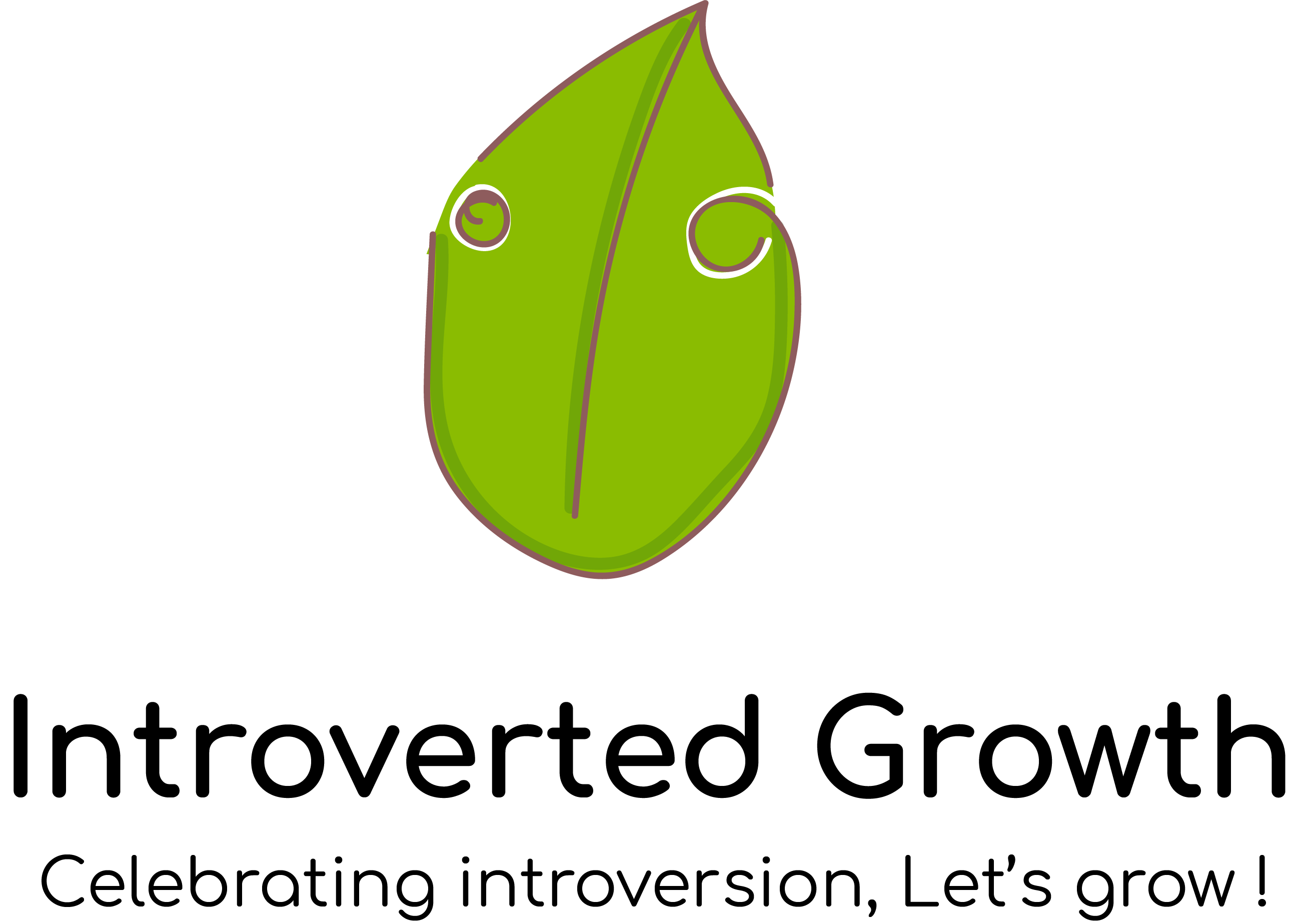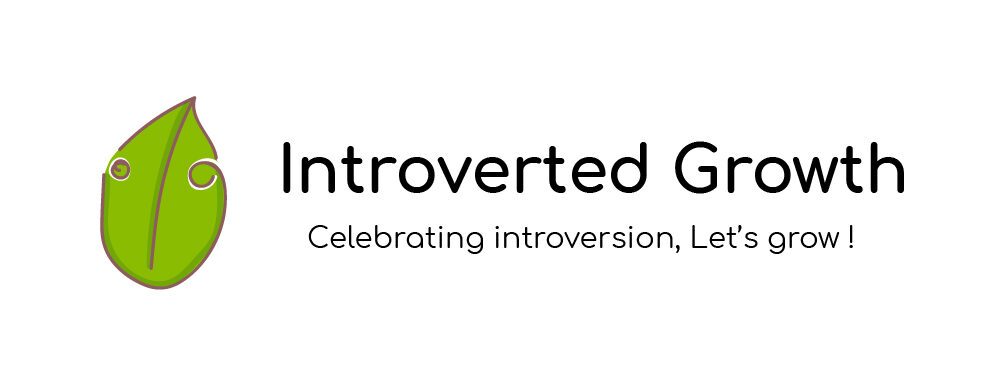In this article, we’ll explain what Extraverted Thinking is, how it works, and some of the signs that you might be an extraverted thinker.
We’ll also discuss how to develop te (your extroverted thing function ) so that you can make better decisions and be more productive in your everyday life.
So if you’re ready to learn more about this essential cognitive function, keep reading!
What is Extraverted Thinking (Te)?
Extraverted Thinking (Te) is a cognitive judging function that is activated when a person makes decisions based on logic and external facts. It is one of the four function pairs that Carl Jung proposed in his theory of psychological type.
Extraverted Thinkers are analytical and objective, and they make decisions based on reasonable explanations and external facts.
This is what makes them different from Introverted thinkers who tend to use their Ti function to make decisions based on a subjective evaluation of objective data.
The Dominance of Extraverted Thinking in Te Types
People who use Te function often enjoy making decisions with little to no hesitation and are good at problem-solving. They are also good at organizing information, seeing things in realistic detail, and have quick reflexes.
Te users are realistic and down-to-earth, and they prefer to live their lives according to what’s happening in the present moment. They don’t deal well with abstract concepts and they avoid interpreting things in a romanticized or unrealistic way.
They tend to ask questions such as: “What is the most reasonable explanation?” and “How do we approach this problem?”.
Te users also tend to be more direct when communicating, to the point of being blunt. This is why they’re often misjudged as cold and unfeeling because it is so direct.
But Te users are not unfeeling people, they simply don’t focus on emotions when making decisions. Instead, they think in a more objective manner.
Ti users are good at seeing the big picture and all possible outcomes. They use their ability to see things in realistic detail to come up with reasonable explanations and to solve problems.
I think this gives you a pretty good idea of what being an extraverted thinker means.
Now let’s see what MBTI types use the Te function.
What Personality Types Use Extraverted Thinking (Te)?
Many types can exhibit some Te function traits but it’s most apparent in types that have Te as their dominant or auxiliary function.
- (Te) as the dominant function of ETJ personality types: ENTJ, ESTJ
- (Te) as the auxiliary function of ITJ personality types: INTJ, ISTJ
- (Te) as the tertiary function of EFP personality types: ENFP, ESFP
- (Te) as the inferior function of IFP personality types: INFP, ISFP
10 Signs To Help You Identify As An Extraverted Thinker
1. You’re not driven by emotions
Extraverted thinkers are not driven by emotions. Instead, they make decisions based on external facts and what will probably work out the best in the end.
So you may notice that every time you’re about to make a decision, you can separate your feelings from the facts.
2. You can multitask without being overwhelmed
Extraverted thinkers are good at juggling different activities at the same time. You can even have some music on while you work or do some other task, without being distracted by the noise.
3. You’re very organized
Extraverted thinkers are not only good at multitasking but also very organized. You know exactly where everything is, and the way things are arranged is very meaningful to you.
So when planning for something, you need things in order and the beginning must be well-planned.
4. You have a very strong sense of justice
Ti users are very analytical people, they think objectively and based on facts, which often leads them to a sense of justice that can border on being either very kind or very harsh.
So you always look at things from an unbiased perspective and once you determine what’s fair, you’re not afraid to express your thoughts.
5. You hate when someone else interrupts your plans
You’re very dedicated to your plans and you don’t like it when someone interrupts them.
It’s only natural for a Ti user to be very annoyed when that happens. When you’re in the process of making a plan, your mind is already processing it and you don’t want to be disrupted while doing it.
6. You think the best way to get your point across is through reasonable explanations
You prefer a direct approach to communication. If you don’t think your point is being conveyed well enough, you will try to convey it through reasonable explanations.
You find it useless to beat around the bushes and much much easier to just get it done with.
7. People often call you ‘cold’ or ‘aloof’
You can appear a little cold and aloof to people who don’t know you well. Even your family and friends make jokes about you being cold-hearted because you’re almost always direct and objective in your speech when you’re being yourself.
8. You feel the most productive when you’re busy all-day
Extraverted thinkers are productive people and they’re most productive when they’re busy all day. So if you find yourself wasting time, it will bother you a lot more than most people.
You’re most active when you’re busy and you actually hate procrastinating and the guilty feeling that it causes.
9. You secretly don’t like boring, incompetent people
You may not say it out loud, but you secretly don’t like people who are boring and incompetent.
Although you generally still think they’re good people, deep down inside you can’t help but judge them. You know deep down that they’re not doing their best and you hope more people would push themselves to achieve more.
10. You’re a very good leader
Extraverted thinkers are natural-born leaders. You lead because you see things from an objective point of view and you can understand what must be done. You have a strong sense of justice that prevails above everything else.
And because you like to do things yourself, when you have to lead others, it’s a win-win situation because you know that they’ll follow your lead.
How To Develop Extraverted Thinking?
- Understand your personality type, this will help you in understanding how you work and why you work the way you do.
- Practice making decisions based on facts, not feelings. Recognize how you’re feeling and separate them from the facts you have before making a decision. It’ll be a bit tricky at the beginning but practice makes perfect.
- Know your limits and push yourself to expand them. Extraverted thinkers are the most productive when they’re busy all day, so instead of trying to take a break, try to work more. Over time you’ll be able to increase your productivity and become just as productive when you’re not busy all day.
CONCLUSION
Did you find this article helpful? I hope that I was able to least help you understand yourself or those around you who might be Te users more.
If you’re interested in knowing more about your personality type, feel free to check other articles about MBIT Types and Jungian cognitive functions






